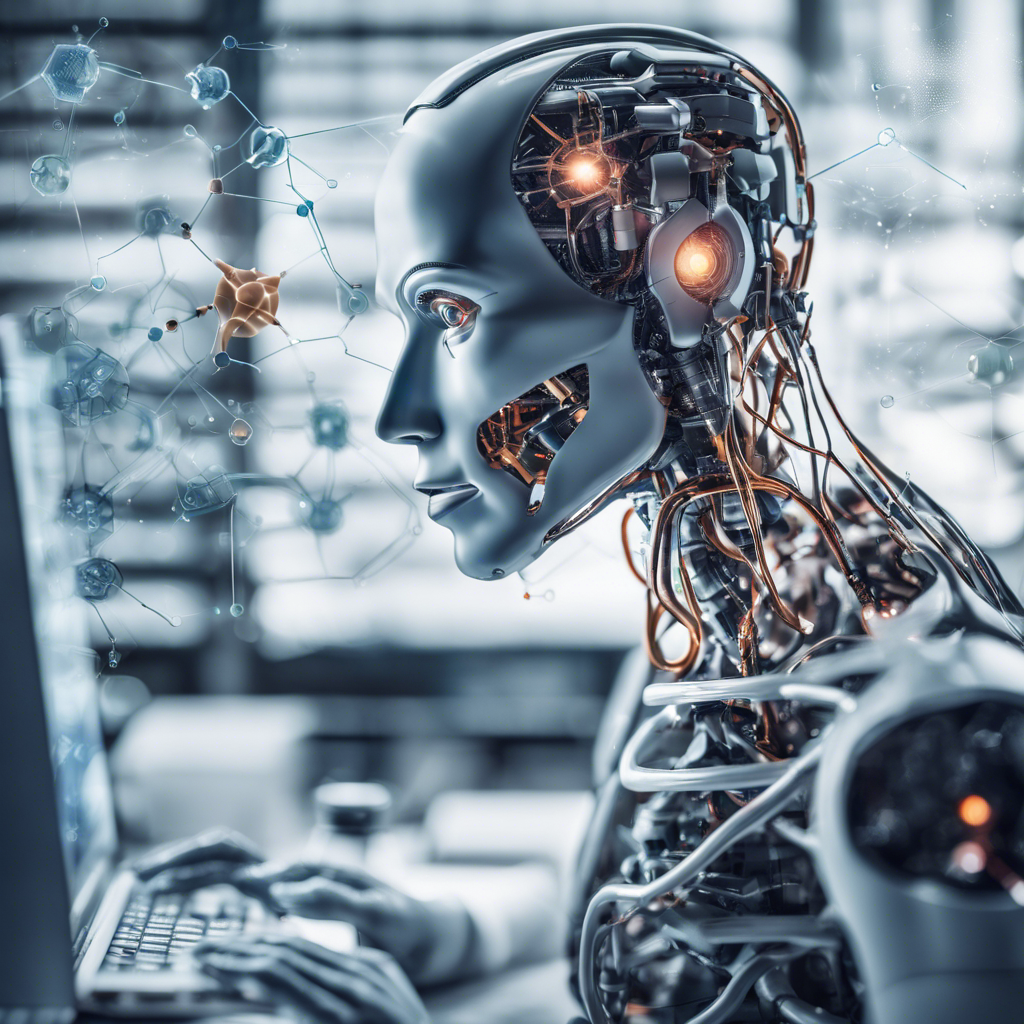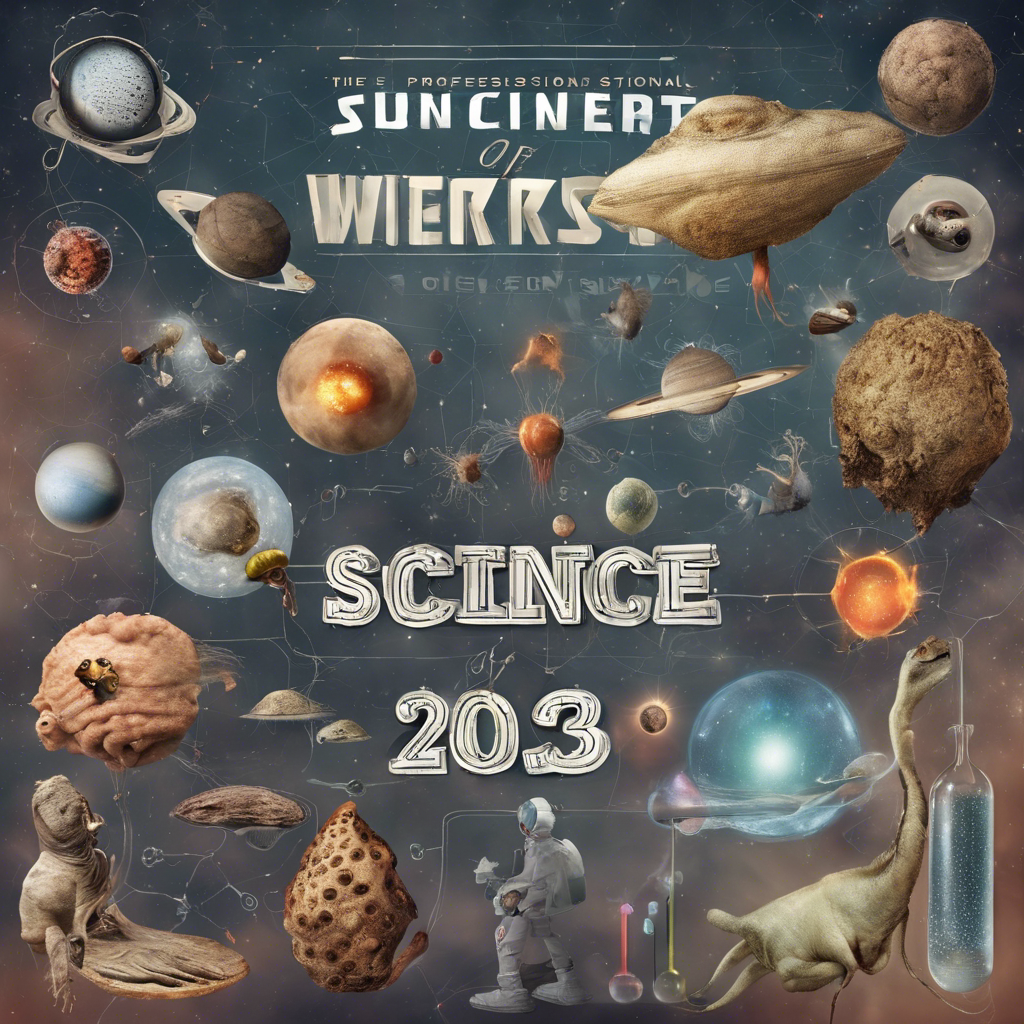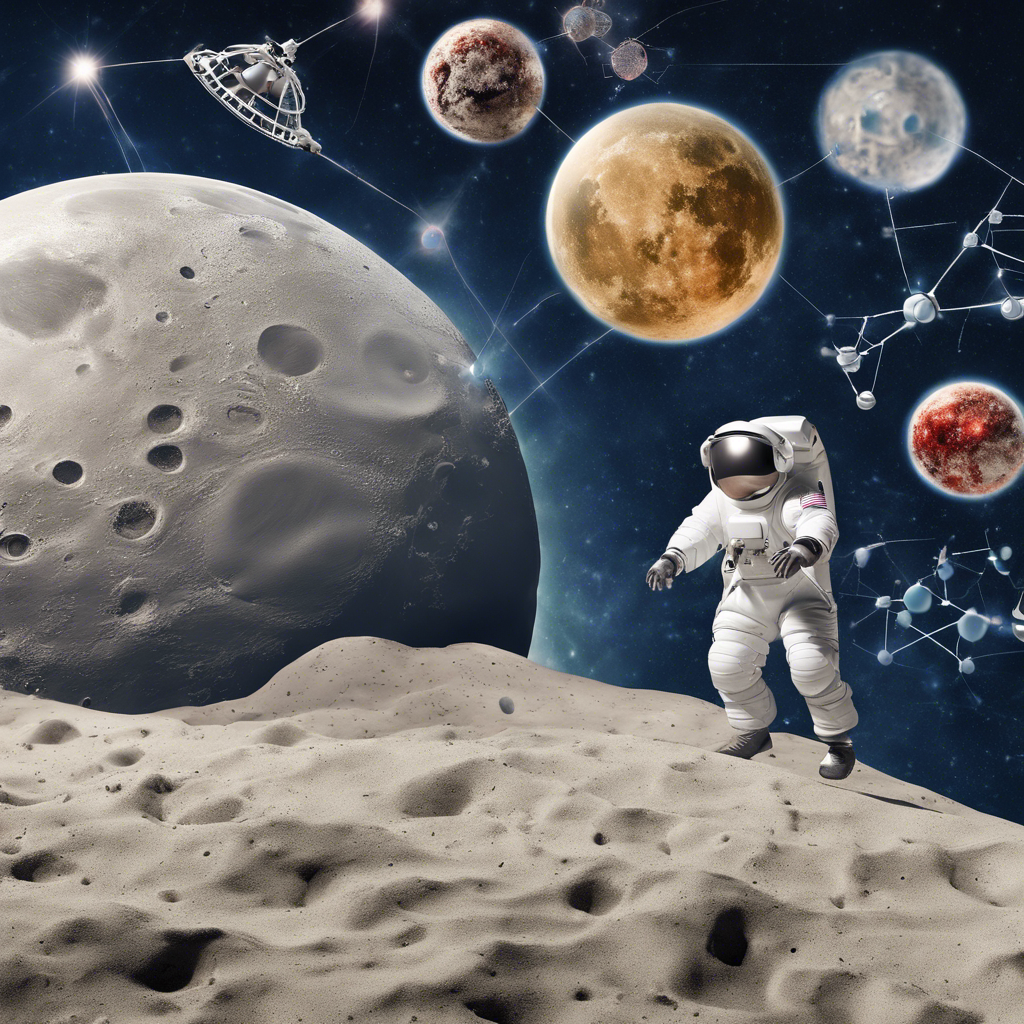The Rise of AI in Science: Accelerating Discoveries and Challenging Understanding

Artificial intelligence is revolutionizing scientific research, from drug discovery to predicting tropical storms, but it also poses challenges to the traditional understanding of knowledge and discovery.
In recent months, artificial intelligence (AI) has made significant strides in various scientific disciplines, transforming the way researchers approach and understand complex systems. From drug development to weather prediction, AI is accelerating the pace of scientific discovery. However, this rapid progress also raises questions about the nature of knowledge and the role of human understanding in scientific advancements. As AI models provide answers without justifications, scientists are grappling with the need to decipher the inner workings of these “black box” algorithms. This article explores the impact of AI on scientific research, its potential benefits, and the challenges it poses to traditional scientific methods.
AI in Drug Discovery:
Insilico Medicine, a biotech company, has developed a pill for a chronic lung disease using AI. By employing hundreds of AI models, the company identified a new target in the body and synthesized molecules for the drug. This accelerated the drug’s development timeline, potentially reducing the typical decade-long process to just a few years. While the outcome of the current human trials remains uncertain, the potential of AI in designing drugs offers hope for faster and more efficient treatments.
AI in Other Scientific Disciplines:
AI’s influence extends beyond medicine. It has demonstrated success in predicting tropical storms more accurately and rapidly than traditional models. Meta has developed a model that can analyze brain scans and reproduce what a person is looking at. Google has used AI to propose millions of new materials for various applications. These advancements highlight the transformative power of AI in scientific research, enabling discoveries that were previously unimaginable.
The Challenge of Understanding:
While AI has revolutionized scientific research, it also presents a challenge to the traditional understanding of knowledge. AI models operate as black boxes, making predictions without providing clear explanations. This lack of transparency raises concerns about the reliability and trustworthiness of AI-generated knowledge. Scientists are striving to demystify these models and understand the reasoning behind their predictions. Without a deeper understanding, AI may shift the focus from explanations and grounded reasoning to mathematical probability, potentially altering the nature of scientific discovery.
Unveiling the Black Box:
Researchers are beginning to explore AI models to gain insights into their inner workings. By understanding how artificial neurons respond to stimuli, scientists can translate those predictions to biological neurons, shedding light on the workings of the human brain. The goal is to transform AI models from black boxes into fully observable systems that can be scientifically analyzed and understood. This approach could lead to breakthroughs in various fields, from neuroscience to genetics.
The Limitations of AI:
Despite its potential, AI has limitations. Models require extensive training on relevant data, and the lack of high-quality data in some disciplines can hinder their application. Real-world complexity and dynamic nature pose challenges for AI, particularly in drug development and patient treatment. Clinical trials remain a crucial step in validating AI-generated predictions, and failures are an essential part of the scientific process. Additionally, biased data sets can lead to biased outcomes, making AI models less applicable to diverse populations.
Redefining Knowledge:
As AI transforms scientific research, it also necessitates redefining our understanding of knowledge. Trust in AI-generated predictions requires a new model of knowledge—one that considers the reliability, biases, and limitations of AI. Without this reevaluation, reliance on AI tools may resemble faith rather than scientific understanding. Striking a balance between AI’s capabilities and human comprehension is crucial to ensure the responsible and ethical use of AI in science.
Conclusion:
Artificial intelligence is revolutionizing scientific research, accelerating discoveries, and pushing the boundaries of what is possible. While AI offers unprecedented speed and scale, it challenges traditional scientific methods by providing answers without justifications. Scientists are working to demystify AI models and understand their inner workings to ensure transparency and reliability. As AI continues to reshape scientific research, it is essential to redefine our understanding of knowledge and establish a framework that combines the power of AI with human comprehension. By doing so, we can harness the full potential of AI while upholding the principles of scientific inquiry.





